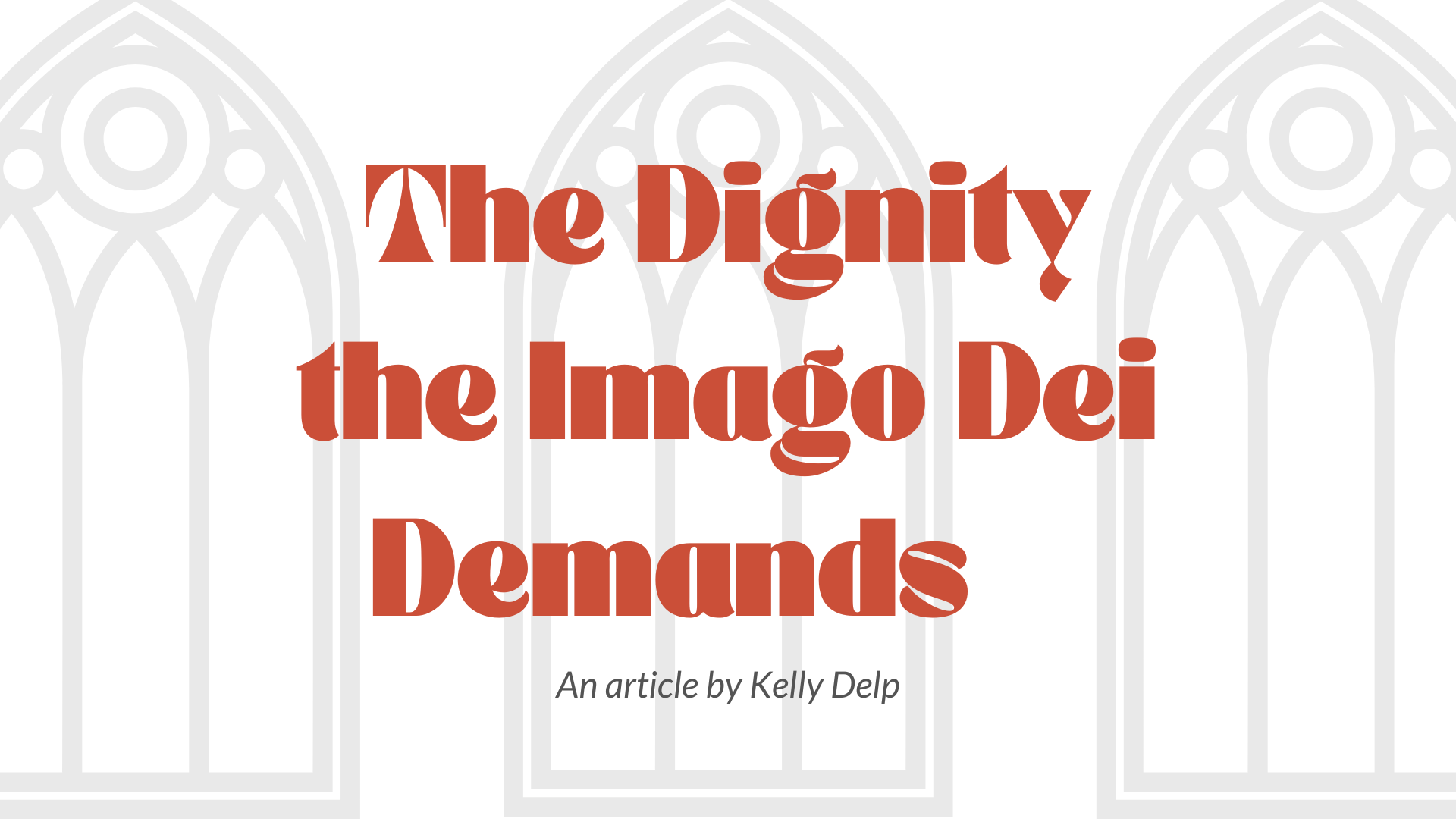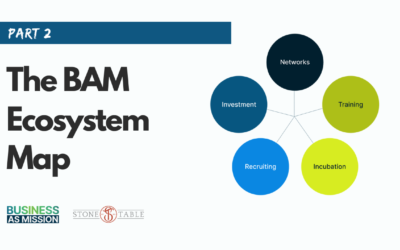The Dignity the Imago Dei Demands

Fundraising. It’s an unavoidable aspect of missionary life. Some are stars at it, others hobble through as best they can, but all fundraising missionaries have one thing in common – they need good stories.
When I was small, my dad pastored a small Assemblies of God church in rural Indiana. The town was small enough that, if the visiting missionaries didn’t have a craving for Dairy Queen or Denny’s, they’d be around our table for dinner. My sister and I would sit with them, eating crockpot pot roast, and listening to their stories from the field. The stories of the people from far-off places were always incredible, and I loved the chance to hear the stories away from their Sunday morning presentation.

When I became a missionary, I became the storyteller. My first itineration cycle, I looked forward to having stories to tell. I hadn’t been to the field yet, so I told other people’s stories, I cited statistics, I painted a picture of how dismal it was where I was going. It wasn’t until I landed and began building friendships with people that I realized the stories weren’t just stories – they were people. The spiritual landscape there wasn’t dismal, it was full of incredible, creative people with real passions and real pain. Getting a front-row seat to what Jesus was doing in people’s lives was an honor to a level I could not have anticipated.
Transformational moments in our lives are moments we like to share on our own terms. It seems obvious that we would want to choose when and how to share them, and who to share them with. As a pastor, I was expected to hold people’s stories in strict confidentiality, letting them share their testimonies as they wished. As a missionary, I was expected to share intimate details of people’s lives – the more emotional, the better.
Jan Nederveen Pieterse, a Dutch sociologist and professor at University of California, Santa Barbara, has studied how relief organizations portray those they are serving. When I read Nederveen Pieterse’s words in 2011, his conclusion helped me solidify my values on how I would share stories when I was fundraising. He says, “In recent years, several aid organizations have adopted the principle that their campaigns should not come at the expense of the dignity of their intended beneficiaries.” Did you catch that? Fundraising campaigns should not come at the expense of the dignity of their intended beneficiaries. This is from someone who is not a missionary, nor a missiologist.

Jan Nederveen, UCSB Professor (Picture from: newspress.com)
I don’t know if Nederveen Pieterse believes in the Imago Dei, the idea that people are made in the indisputable image of the living God. I don’t know if he believes it, but I do. The idea of Imago Dei means that every person is worthy of dignity, of the kind of honor that those made in the image of God inherently deserve. People who deserve for their stories and for their images to be treated with dignity.
It’s not easy to be a missionary in a culture that has compassion fatigue. We are inundated from every angle with needs – and they are true needs – that fight for our attention, our clicks, and our dollars. And those who are fundraising for very worthy causes can feel lost in the mix. We can feel like we need sadder stories, more disturbing images, and more shocking statistics than the next person.
Yet I wonder if we would tell stories the same way if those in our stories were close friends or a wealthy CEO who had a meeting with us. Would we share the same details in the same way if the person were a dignitary or political leader?
When I was fundraising, I adopted the ethic that Nederveen Pieterse talks about. I began to ask people on the field permission to share their stories, giving them information about where and how the stories would be shared. I strived to talk about people as if they were in the room, listening.
We must trust that in honoring the Imago Dei of the people we are serving, the Holy Spirit will move the hearts of the people to provide for the need. We must trust that if we honor the people we are sent to, the people that God loves, that He will take care of us. We must become excellent communicators of the need without taking cheap shots at the people we serve.
When Paul approaches the church in Corinth about their giving, he doesn’t share how debased those he will serve are; rather, he appeals to the condition of the givers’ hearts. He says in 2 Corinthians 9, “Whoever sows sparingly will also reap sparingly, and whoever sows generously will also reap generously. Each of you should give what you have decided in your heart to give, not reluctantly or under compulsion, for God loves a cheerful giver.” He goes on to say, later in the chapter, “This service that you perform is not only supplying the needs of the Lord’s people but is also overflowing in many expressions of thanks to God. Because of the service by which you have proved yourselves, others will praise God for the obedience that accompanies your confession of the gospel of Christ, and for your generosity in sharing with them and with everyone else.”
May we, like Paul, trust that the need for and the power of the Gospel is enough to soften hearts to meet every need. May we, like the church in Corinth, respond to the need of those who are called and live with generosity.


